Andrew Manze & Helsingborg Symphony Orchestra - Brahms: Symphonies (2012)
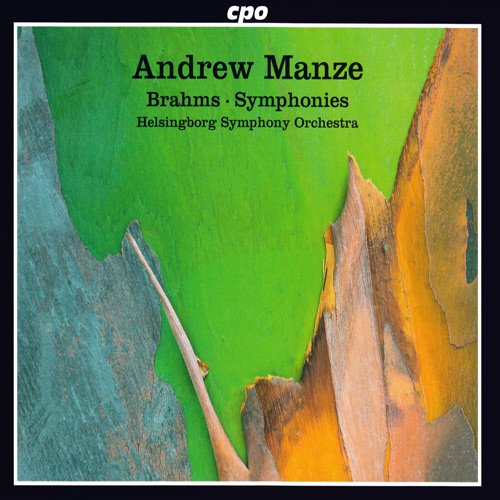
Artist: Andrew Manze, Helsingborg Symphony Orchestra
Title: Brahms: Symphonies
Year Of Release: 2012
Label: CPO
Genre: Classical
Quality: FLAC (image + .cue, log, artwork)
Total Time: 03:30:54
Total Size: 892 MB
WebSite: Album Preview
Tracklist:Title: Brahms: Symphonies
Year Of Release: 2012
Label: CPO
Genre: Classical
Quality: FLAC (image + .cue, log, artwork)
Total Time: 03:30:54
Total Size: 892 MB
WebSite: Album Preview
Disc 1:
01. Symphony No. 1 in C minor, Op. 68: Un poco sostenuto - Allegro - Meno Allegro
02. Symphony No. 1 in C minor, Op. 68: Andante sostenuto
03. Symphony No. 1 in C minor, Op. 68: Un poco Allegretto e grazioso
04. Symphony No. 1 in C minor, Op. 68: Adagio, Piu Andante, Allegro non troppo, ma con brio - Piu Allegro
05. Variations on a Theme of Haydn for orchestra in B flat major (St. Anthony Variations), Op. 56a: Chorale St. Antoni: Andante
06. Variations on a Theme of Haydn for orchestra in B flat major (St. Anthony Variations), Op. 56a: Variation 1: Poco piu animato
07. Variations on a Theme of Haydn for orchestra in B flat major (St. Anthony Variations), Op. 56a: Variation 2: Piu vivace
08. Variations on a Theme of Haydn for orchestra in B flat major (St. Anthony Variations), Op. 56a: Variation 3: Con moto
09. Variations on a Theme of Haydn for orchestra in B flat major (St. Anthony Variations), Op. 56a: Variation 4: Andante con moto
10. Variations on a Theme of Haydn for orchestra in B flat major (St. Anthony Variations), Op. 56a: Variation 5: Vivace
11. Variations on a Theme of Haydn for orchestra in B flat major (St. Anthony Variations), Op. 56a: Variation 6: Vivace
12. Variations on a Theme of Haydn for orchestra in B flat major (St. Anthony Variations), Op. 56a: Variation 7: Grazioso
13. Variations on a Theme of Haydn for orchestra in B flat major (St. Anthony Variations), Op. 56a: Variation 8: Presto non troppo
14. Variations on a Theme of Haydn for orchestra in B flat major (St. Anthony Variations), Op. 56a: Finale: Andante
Disc 2:
01. Symphony No. 2 in D major, Op. 73: Allegro non troppo
02. Symphony No. 2 in D major, Op. 73: Adagio non troppo
03. Symphony No. 2 in D major, Op. 73: Allegretto grazioso (Quasi Andantino) - Presto ma non assai
04. Symphony No. 2 in D major, Op. 73: Allegro con spirito
05. Tragic Overture, in D minor, Op. 81
06. Academic Festival Overture, for orchestra in C minor ('Akademische Festouverture'), Op. 80
Disc 3:
01. Symphony No. 3 in F major, Op. 90: Allegro con brio
02. Symphony No. 3 in F major, Op. 90: Andante
03. Symphony No. 3 in F major, Op. 90: Poco Allegretto
04. Symphony No. 3 in F major, Op. 90: Allegro - Un poco sostenuto
05. Symphony No. 4 in E minor, Op. 98: Allegro non troppo
06. Symphony No. 4 in E minor, Op. 98: Andante moderato
07. Symphony No. 4 in E minor, Op. 98: Allegro giocoso - Poco meno presto
08. Symphony No. 4 in E minor, Op. 98: Allegro energico e passionato - Piu Allegro
One might expect Andrew Manze's interpretations of Johannes Brahms' four symphonies to adhere to ideas of the movement for historically informed performance practice, due to his scholarship and dedication to authenticity in his early music performances. However, and somewhat paradoxically, he and the Helsingborg Symphony Orchestra have delivered more or less mainstream readings on modern instruments; there are no signs of late 19th century woodwind or brass timbres, and the strings play with standard vibrato. Yet Manze's historical fact finding has gone to a deeper level than just replicating instrumentation or orchestral scale, and he has found numerous clues to Brahms' intentions in the composer's transcriptions of the symphonies for two pianos, which often vary with the published orchestral scores in accentuation, tempo indications, and phrasing. These are fine points that can be discerned with careful listening and great familiarity with many other recordings of the symphonies, both conventional and historic, but they may not be the main thing listeners will consider in appreciating this set. The playing and the recording quality are up to the extraordinarily high levels set by CPO in all its releases, and these resilient works sound as good as they ever did under any other conductor. Indeed, it's difficult to tell where Manze has discovered much that's novel, though the most obvious example would be the steadily brisk tempo he maintains throughout the Finale of the Symphony No. 1, not slowing down for the big theme as has become customary. With equally fine versions of the Haydn Variations, the Tragic Overture, and the Academic Festival Overture, this is a classic presentation that will please connoisseurs and casual listeners alike, without causing any controversy. -- Blair Sanderson
![Ilhan Ersahin, Alp Ersönmez, Izzet Kizil, Turgut Alp Bekoglu - Istanbul Sessions: Mahalle (2026) [Hi-Res] Ilhan Ersahin, Alp Ersönmez, Izzet Kizil, Turgut Alp Bekoglu - Istanbul Sessions: Mahalle (2026) [Hi-Res]](https://img.israbox.com/img/2026-01/15/ipohwxjd3n2z6fjrmuocifcej.jpg)

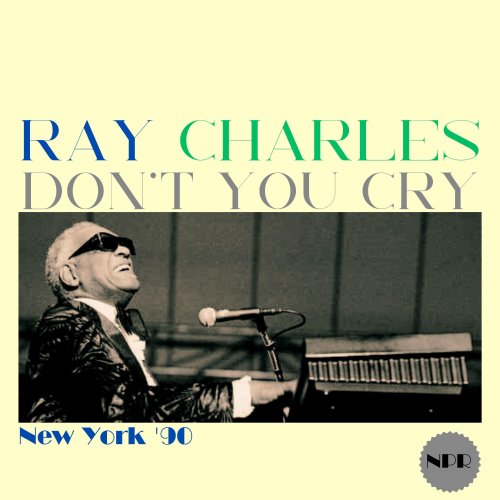
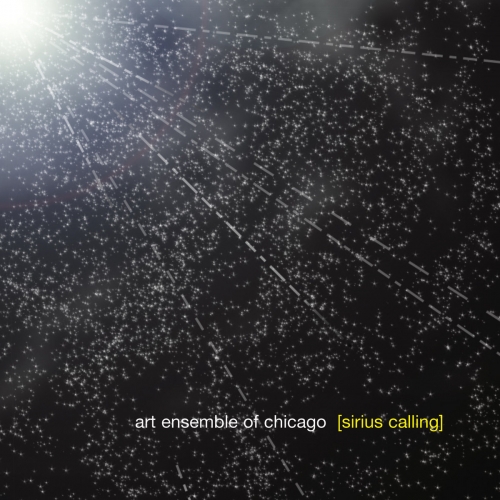
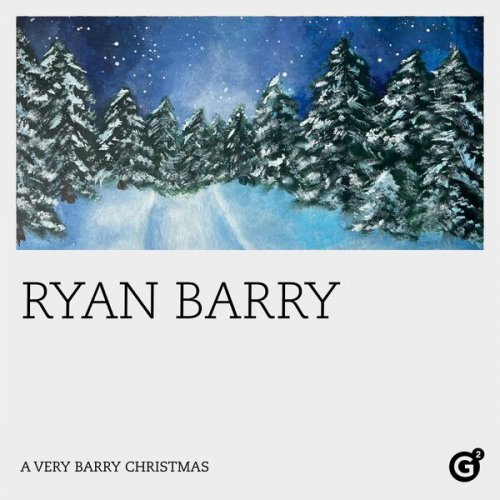
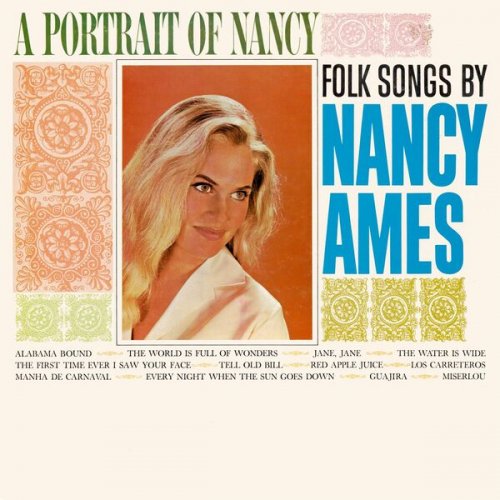


![Norah Jones - Day Breaks (Japanese Limited Edition) (2016) [SHM-CD] Norah Jones - Day Breaks (Japanese Limited Edition) (2016) [SHM-CD]](https://www.dibpic.com/uploads/posts/2026-01/1768216895_1476175738_e683206e8f145d341ede9545a0c1ba56.jpg)